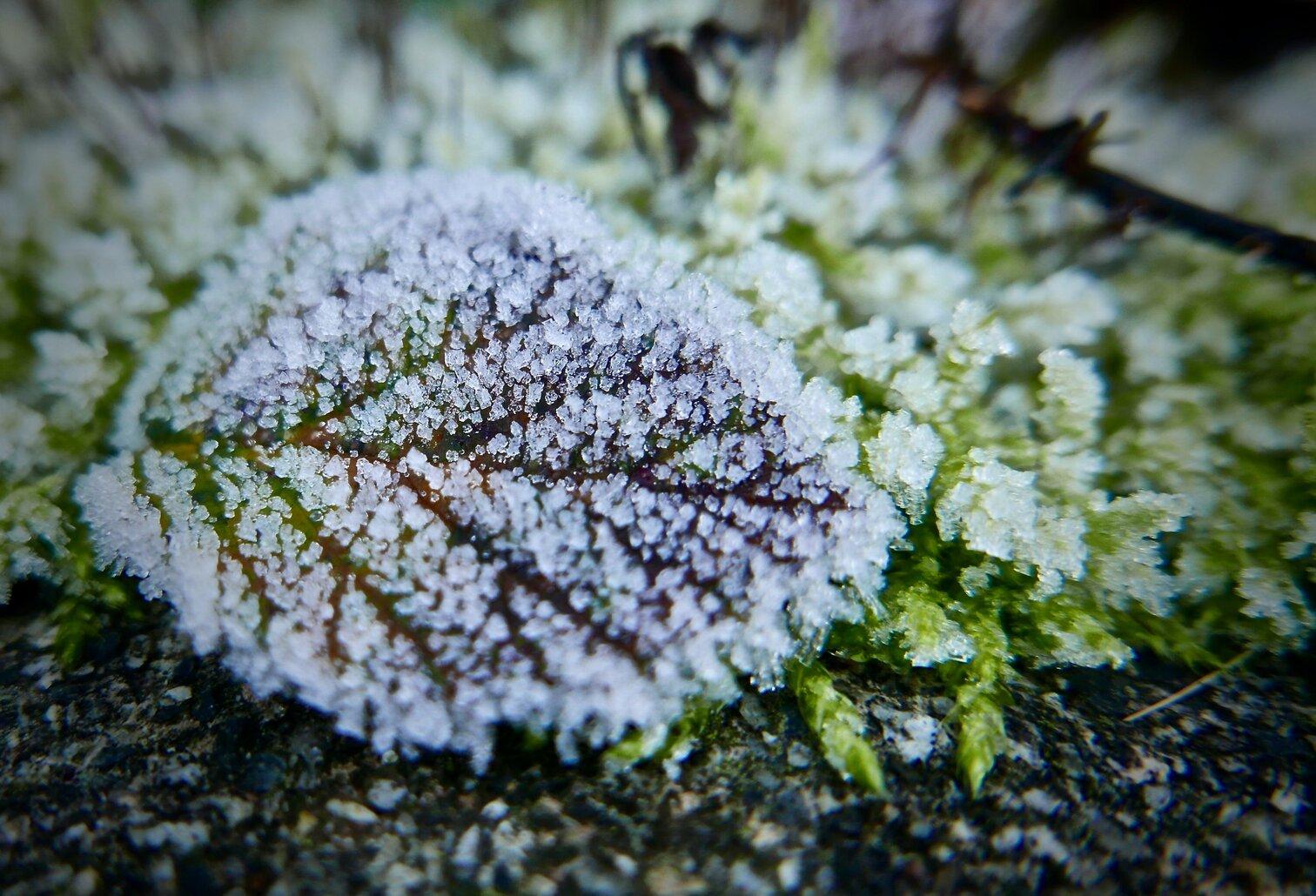Spread Mulch to Enrich the Soil and Protect from Frost

Mulching is one of the simplest yet most effective practices for maintaining healthy soil and protecting plants during colder months. Whether you're a seasoned gardener or just beginning to cultivate your outdoor space, spreading mulch offers a range of benefits that contribute to plant health and garden sustainability.
Enriching the Soil
Mulch, which can include organic materials like wood chips, straw, compost, leaves, or grass clippings, acts as a nutrient-rich blanket for your soil. As it decomposes, organic mulch releases essential nutrients like nitrogen, potassium, and phosphorus into the ground. This slow nutrient release improves soil fertility and boosts plant growth without the need for chemical fertilizers.
Mulch also promotes beneficial microorganisms and earthworms that aerate the soil, break down organic matter, and contribute to a robust soil ecosystem. The organic matter helps to enhance soil structure, improving water retention and drainage. This is especially beneficial in regions with sandy or clay-heavy soils that struggle to maintain optimal moisture levels.
Protection from Frost
One of the most valuable roles of mulch is its ability to regulate soil temperature. In winter, mulch acts as insulation, shielding plant roots from freezing temperatures and sudden temperature fluctuations. Frost can damage or kill exposed roots, but a thick layer of mulch helps maintain a stable underground environment.
For perennial plants, shrubs, and bulbs, applying mulch in late fall creates a protective barrier that ensures they survive harsh winter conditions. Additionally, mulch prevents frost heaving, a phenomenon where the soil expands and contracts due to freezing and thawing cycles, which can uproot plants.
How to Mulch Effectively
To maximize the benefits of mulching, apply a layer of 2 to 4 inches around your plants. Keep the mulch about an inch away from plant stems to prevent rot or pests. In areas prone to heavy frost, opt for materials like straw or bark chips that provide excellent insulation.
It’s essential to avoid over-mulching, as this can smother roots or retain too much moisture, leading to fungal diseases. Organic mulches are ideal, but synthetic options can be used in specific scenarios for weed control or erosion prevention.
Conclusion
Mulching is a cost-effective, environmentally friendly way to enrich soil and protect your plants from frost damage. By incorporating this practice into your gardening routine, you can create a thriving garden year-round while ensuring the health and vitality of your plants.
MEASURE MY LAWN ONLINE
WANT A GUIDELINE PRICE?
Get an indicative price to cut your lawn without even stepping outside to measure your lawn.
ONLINE PRICE CALCULATOR